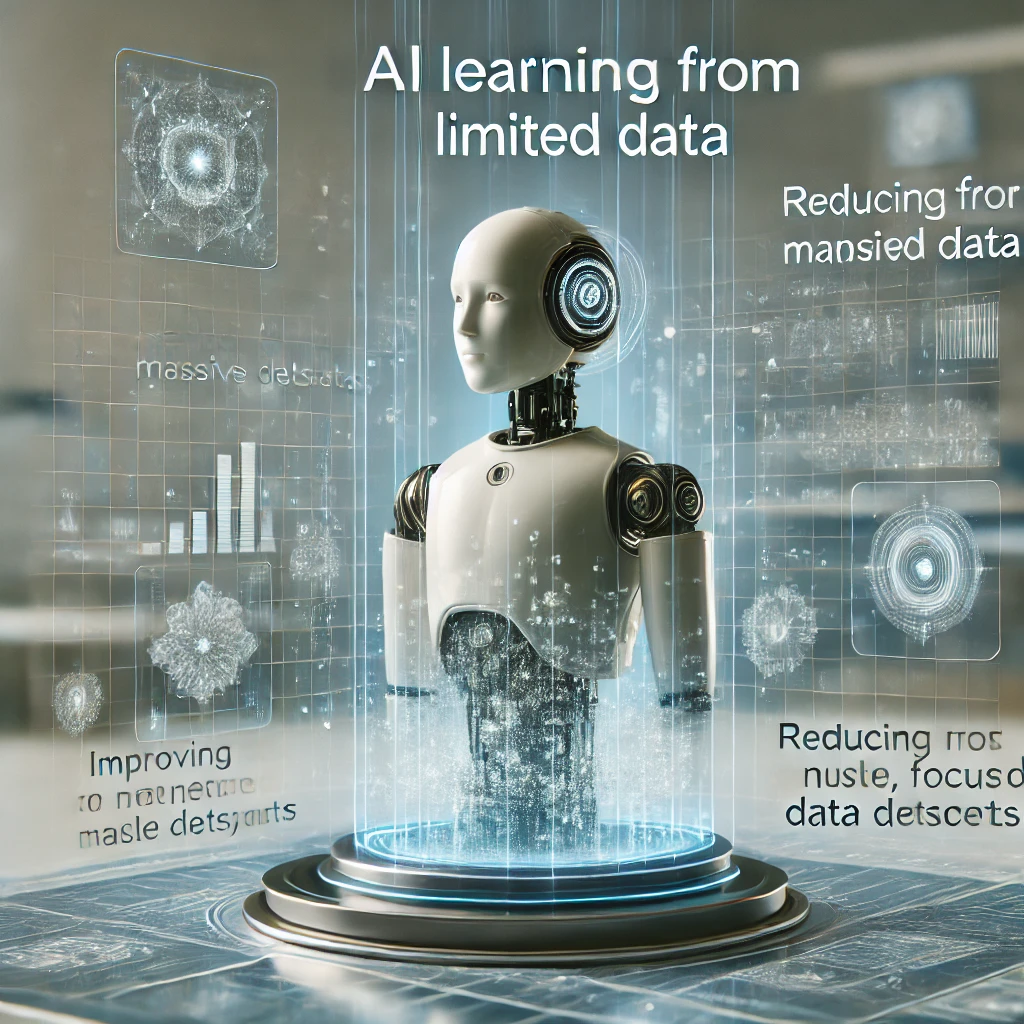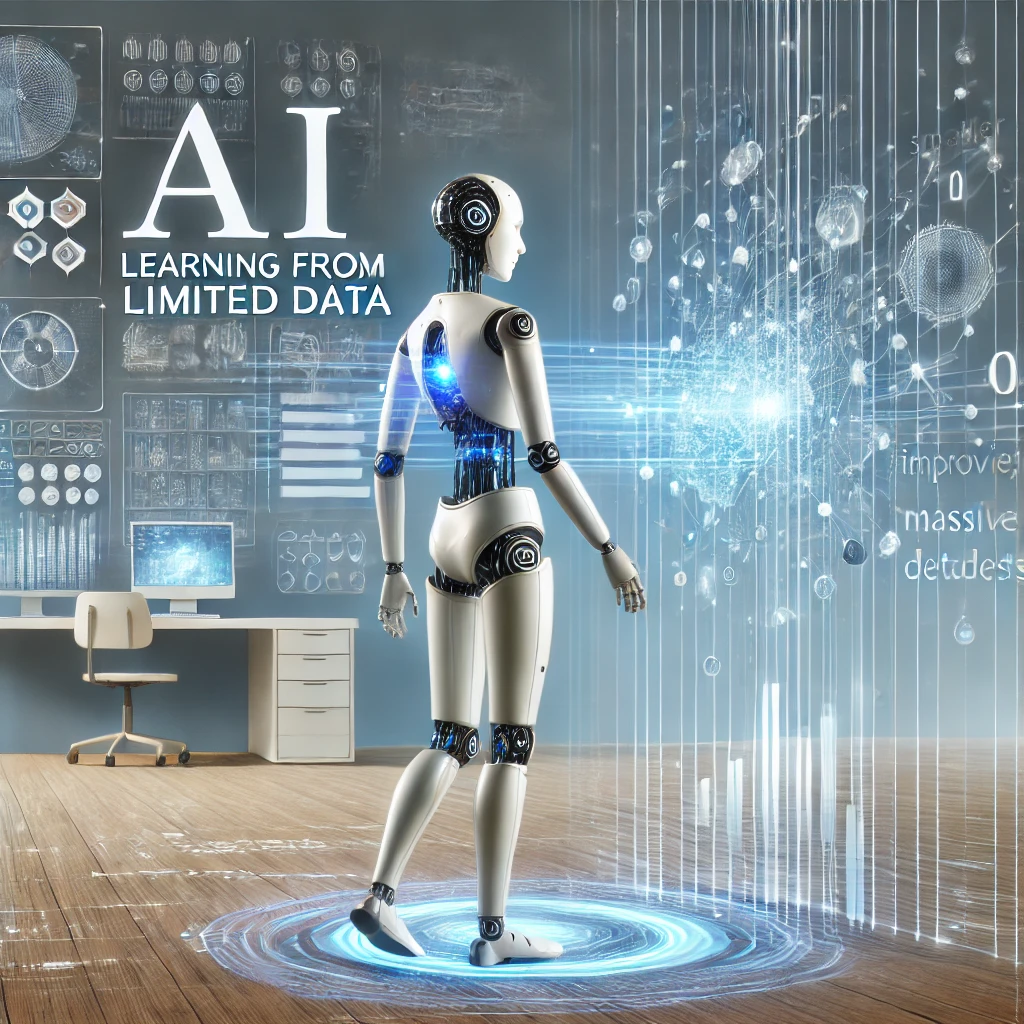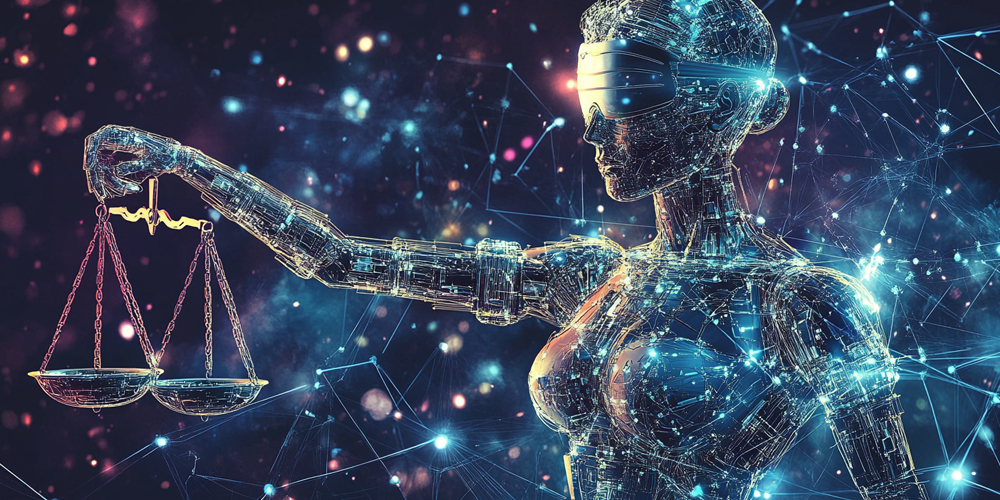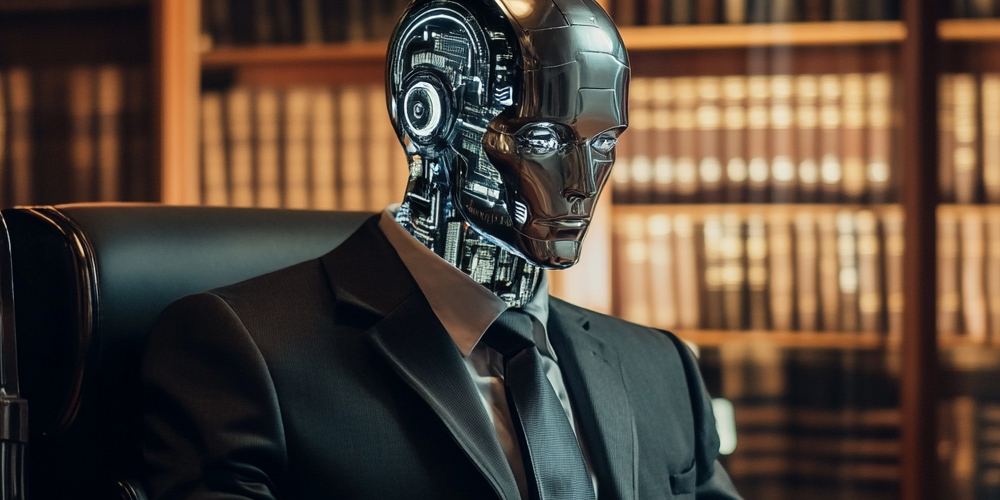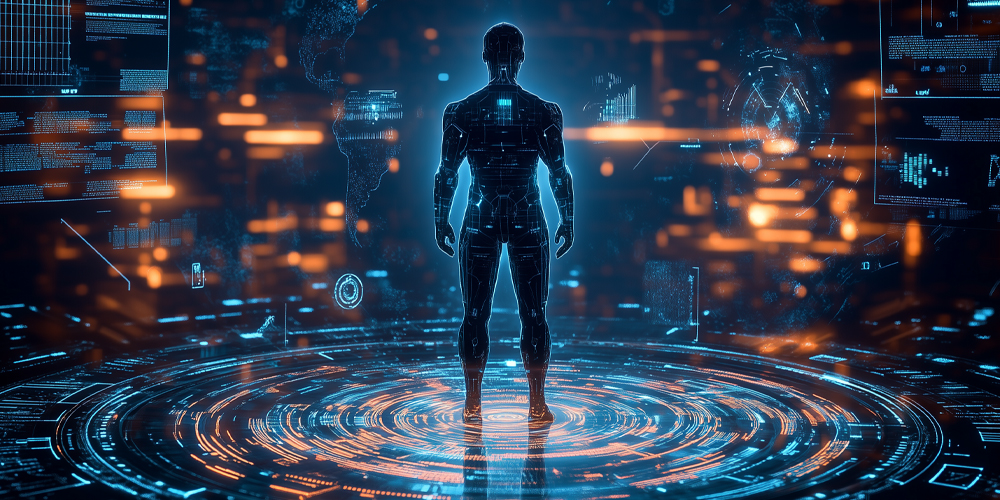Self-Learning AI is one of the most promising advancements in the field of artificial intelligence. It enables machines to learn from data, experiences, and their environment without the need for explicit programming or continuous human intervention. This technology allows AI systems to evolve, improve, and make decisions independently, leading to smarter and more efficient solutions. In this article, we will explore the concept of Self-Learning AI, its significance, applications, and how it is shaping the future of technology.
What is Self-Learning AI?
Self-Learning AI refers to an advanced form of artificial intelligence that has the ability to adapt and improve over time. Unlike traditional AI systems that require pre-programmed algorithms and rules, Self-Learning AI identifies patterns, learns from data, and makes decisions on its own. This autonomous learning process enables the AI to enhance its accuracy and efficiency as it is exposed to more data.
This type of AI primarily uses machine learning techniques, including **unsupervised learning** and **reinforcement learning**. In unsupervised learning, the AI identifies patterns in data without the need for labeled datasets, while in reinforcement learning, the AI learns through feedback from its environment, using rewards and penalties to guide its behavior.
The Evolution of Self-Learning AI
The concept of Self-Learning AI has evolved significantly over the years. In the past, AI systems were largely rule-based, meaning that they relied on predefined instructions to perform tasks. However, with the rise of machine learning and the availability of vast amounts of data, AI systems have become more advanced. One of the key developments that facilitated the evolution of Self-Learning AI is **deep learning**, which uses neural networks to analyze complex data structures and make informed decisions.
How Does Self-Learning AI Work?
Self-Learning AI operates by processing and analyzing large datasets to extract insights and identify patterns. Initially, the AI system is provided with a dataset, which it uses to train itself. Over time, as more data is introduced, the AI refines its understanding and becomes more accurate in its predictions. This self-improvement process allows the AI to handle increasingly complex tasks without the need for constant human oversight.
For example, a self-driving car equipped with Self-Learning AI can analyze real-time data such as traffic patterns, road conditions, and pedestrian behavior. The car learns from its experiences and improves its ability to navigate safely, becoming more reliable over time.
Applications of Self-Learning AI
The applications of Self-Learning AI span across various industries, making a significant impact on fields such as healthcare, finance, manufacturing, and more. Below are some key areas where Self-Learning AI is being applied to solve complex problems and improve efficiency.
Healthcare
In the healthcare industry, Self-Learning AI is transforming patient care by enhancing diagnostics and treatment planning. AI systems can analyze medical records, patient data, and clinical trials to provide personalized treatment recommendations. AI-powered diagnostic tools are already being used to detect diseases such as cancer through the analysis of medical images. Over time, these AI systems become more accurate, leading to earlier detection and better outcomes for patients.
Finance
Self-Learning AI is also revolutionizing the finance industry. It is being used to detect fraud, assess credit risk, and automate trading processes. AI algorithms can analyze vast amounts of financial data in real-time, identifying patterns and trends that inform better decision-making. As the AI learns from market data, it improves its ability to predict market movements, making it an invaluable tool for traders and financial institutions.
Manufacturing and Automation
In the manufacturing sector, Self-Learning AI is optimizing production processes and improving efficiency. AI systems can monitor machinery, detect anomalies, and predict equipment failures before they occur. This type of **predictive maintenance** helps reduce downtime and ensures that factories operate at peak performance. Over time, the AI learns from historical data and real-time sensor readings, making more accurate predictions and preventing costly breakdowns.
Challenges and Ethical Considerations
While Self-Learning AI offers numerous benefits, it also presents challenges and raises ethical concerns. One of the main challenges is the lack of transparency in AI decision-making processes. As AI systems become more autonomous, it becomes difficult to understand how they arrive at certain conclusions, leading to trust issues, especially in industries like healthcare and finance.
Another concern is the risk of biased data. Since Self-Learning AI learns from the data it is provided with, if the data is biased or incomplete, the AI’s decisions may be skewed. This can result in unintended consequences, such as biased hiring practices or discriminatory outcomes in legal or financial decisions.
Regulation and Accountability
As Self-Learning AI continues to be integrated into various industries, there is an increasing need for regulation and accountability. Governments and organizations are working to establish ethical frameworks that ensure AI systems are used responsibly. For example, the European Union has introduced regulations that require companies to be transparent about how their AI systems operate, particularly in high-risk industries like healthcare and autonomous driving.
Companies that deploy Self-Learning AI must also be vigilant in auditing their systems to ensure that they do not inadvertently cause harm. Transparency and regular audits will be crucial in building trust in AI systems and ensuring that they are used ethically.
The Future of Self-Learning AI
As Self-Learning AI continues to evolve, its potential to revolutionize industries is becoming increasingly clear. In the near future, we can expect to see more sophisticated AI systems that can handle even more complex tasks with greater autonomy. These AI systems will play a central role in everything from healthcare and finance to transportation and education.
Impact on Job Markets
One of the key areas where Self-Learning AI will have a significant impact is the job market. While AI systems will likely replace some repetitive, low-skill jobs, they will also create new opportunities in fields such as AI development, data analysis, and AI ethics. As AI systems take on more advanced roles, the demand for human expertise in areas like oversight, regulation, and ethics will increase.
Conclusion: The Future is Self-Learning AI
Self-Learning AI is poised to change the world as we know it. Its ability to learn, adapt, and improve without continuous human input makes it one of the most promising advancements in the field of artificial intelligence. From healthcare to finance and beyond, Self-Learning AI is revolutionizing industries and unlocking new possibilities for innovation. As we continue to explore the potential of this technology, it is clear that Self-Learning AI will play a key role in shaping the future of AI and our society as a whole.
Internal Links
Learn more about the future of artificial intelligence on our AI Future page. Explore other advancements in technology, such as Deep Learning and their applications across industries.
Outbound Links
Discover how Self-Learning AI is transforming industries according to Forbes. Learn more about the ethical challenges of AI development on Brookings Institute.

